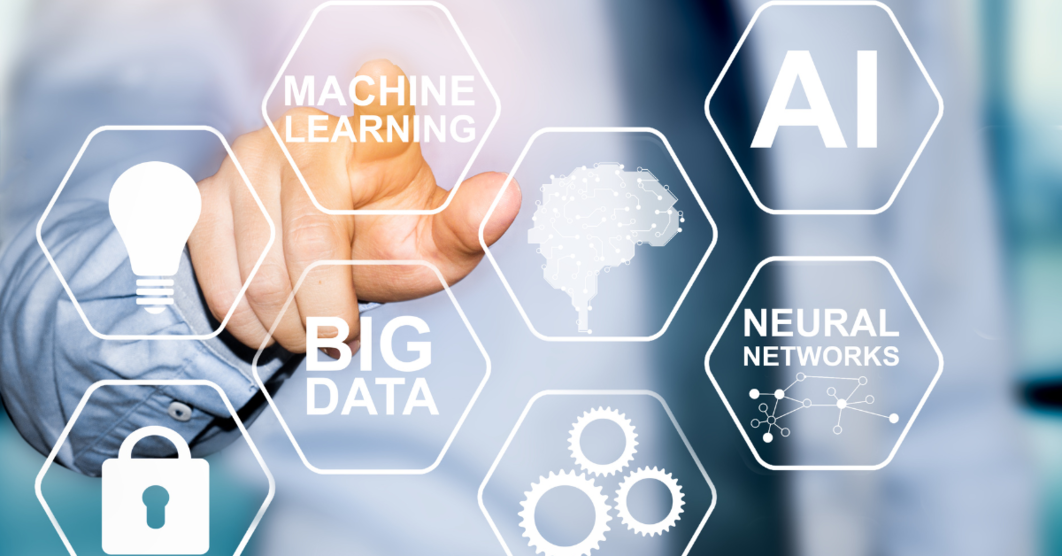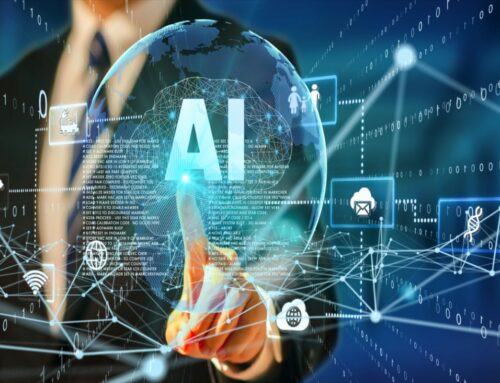Quality Assurance (QA) engineering plays a critical role in ensuring the reliability and performance of software applications. Traditionally, QA engineers have relied on manual testing methods, often time-consuming, prone to errors, and limited test coverage. However, with the rapid advancements in artificial intelligence (AI) and machine learning (ML) technologies, the QA engineering landscape is undergoing a significant transformation.
Traditional Challenges in QA Engineering
Before delving into the impact of AI and ML, it’s essential to understand the challenges that have plagued traditional QA engineering practices. Manual testing, the cornerstone of QA, is a labor-intensive process that can be inefficient and error-prone. Testers must manually execute test cases, often repeatedly, which leads to productivity bottlenecks and human error. Moreover, traditional methods need help to provide comprehensive test coverage and scalability as applications become more complex.
AI and ML Applications in QA Engineering
1. Test Automation and Script Generation
AI and ML technologies are driving the automation of test execution and script generation. AI-driven test case generation leverages ML algorithms to automatically generate test cases based on historical data, code analysis, and user patterns. It enables QA engineers to quickly develop comprehensive test cases, enhancing test coverage and reducing the time and effort required.
2. Intelligent Defect Detection and Prediction
AI and ML techniques are being employed for intelligent defect detection and prediction. ML algorithms can analyze vast amounts of historical data to identify patterns and anomalies in the software, flagging potential defects before they occur. This predictive approach allows QA teams to proactively address issues, minimizing the impact on the end user and improving overall product quality.
3. Natural Language Processing (NLP) for Requirements Analysis
NLP, a subfield of AI, is transforming requirements analysis in QA engineering. NLP algorithms can automatically analyze and understand user stories, specifications, and documentation, extracting essential information and converting it into test cases. Automating this process allows QA engineers to streamline requirements analysis, saving time and ensuring accurate test coverage.
Benefits of AI and ML in QA Engineering
Listed below are the benefits of the integration of AI and ML technologies in QA engineering.
1. Improved Test Coverage and Accuracy
AI and ML-powered automation increase test coverage by generating a more significant number of test cases and executing them more efficiently. By reducing reliance on manual testing, QA teams can ensure a higher level of accuracy and detect defects that might otherwise go unnoticed.
2. Enhanced Efficiency and Productivity
AI and ML technologies automate repetitive and time-consuming tasks, enabling QA engineers to focus on higher-value activities such as test strategy development and analysis. It not only increases productivity but also allows for faster software release cycles.
3. Reduced Time-to-Market and Cost Savings
By automating testing processes, AI and ML technologies contribute to shorter development cycles and faster time-to-market. The ability to detect defects early in the development cycle reduces rework and associated costs, leading to significant savings for organizations.
4. Enhanced Decision-Making through Data-Driven Insights
AI and ML algorithms analyze vast amounts of data generated during testing and provide valuable insights. QA teams can leverage these insights to make informed decisions regarding test prioritization, risk mitigation, and process improvements, ultimately improving the overall quality of the software.
Challenges and Considerations
While the potential benefits of AI and ML in QA engineering are immense, there are several challenges and considerations that need to be addressed, some of which are listed below.
1. Data Availability and Quality
AI and ML models heavily rely on quality data for training and validation. Ensuring the availability of diverse and representative datasets is crucial to the success of AI and ML initiatives in QA engineering.
2. Ethical Considerations and Bias Mitigation
QA engineers must be vigilant about the ethical implications of using AI and ML technologies. Bias mitigation techniques should be employed to ensure fairness, especially regarding automated decision-making processes.
3. Skill Requirements and
Talent Acquisition
Adopting AI and ML technologies requires specialized skills. Organizations must invest in upskilling their QA teams or hiring professionals with expertise in AI and ML to maximize the potential of these technologies.
4. Continuous Learning and Adaptation
AI and ML technologies are rapidly evolving. QA professionals must keep pace with the advancements in the field and continuously learn and adapt to new tools, techniques, and methodologies to stay relevant in the rapidly changing QA landscape.
Future Directions and Possibilities
The integration of AI and ML technologies in QA engineering is still in its early stages, and the possibilities for future advancements are vast. Some potential areas of growth and development are as follows.
- Advancements in AI and ML technologies, such as deep learning and reinforcement learning, will further enhance the capabilities of QA engineering, enabling more accurate predictions and adaptive testing approaches.
- Integrating AI and ML with other QA methodologies, such as DevOps and Agile, will enable seamless collaboration and enhance the overall software development and testing process.
- Increased adoption of AI and ML in the industry is expected as more organizations recognize the benefits and invest in the necessary infrastructure and talent.
Conclusion
The integration of AI and ML technologies is revolutionizing the QA engineering landscape. By automating testing processes, improving test coverage, and providing valuable insights, these technologies transform how software is tested and ensure higher-quality products. While challenges exist, organizations that embrace and adapt to these technologies will gain a competitive edge in delivering superior software products to their customers. It is imperative for QA professionals to stay abreast of the latest developments and embrace these transformative technologies to thrive in the evolving QA engineering landscape.






Leave A Comment